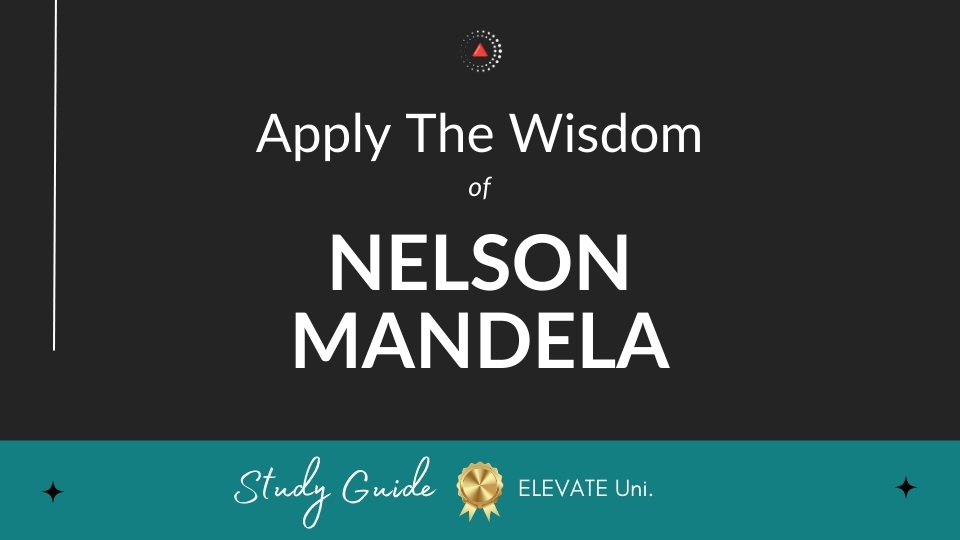Let there be work, bread, water and salt for all.
What's the meaning of this quote?
Quote Meaning: This quote encapsulates a profound sentiment that delves into the essence of human dignity, equity, and the fundamental necessities of life. At its core, it advocates for the provision of basic needs for all individuals, regardless of their background, status, or circumstances. Each element within the quote holds significance, symbolizing essential components required for sustenance and well-being.
"Let there be work" emphasizes the importance of meaningful employment. Work not only provides individuals with financial stability but also imbues their lives with purpose and dignity. It is through work that people contribute to society, express their talents, and fulfill their aspirations. Moreover, the opportunity to engage in productive labor enables individuals to cultivate skills, build confidence, and foster a sense of self-worth. Thus, the call for "work" underscores the value of empowering individuals through gainful employment, fostering a society where everyone has the opportunity to contribute and thrive.
"Bread" represents sustenance and nourishment. It signifies the basic need for food, essential for survival and vitality. Access to an adequate and nutritious diet is a fundamental human right, essential for physical health, cognitive development, and overall well-being. In a world plagued by hunger and food insecurity, ensuring that everyone has access to an ample supply of bread symbolizes a commitment to eradicating poverty and promoting social justice. It speaks to the notion that no one should go hungry in a world of plenty, underscoring the moral imperative of addressing issues of food inequality and distribution.
"Water" is another elemental necessity highlighted in the quote. Water is the essence of life, indispensable for hydration, sanitation, and hygiene. Access to clean and safe drinking water is not only crucial for individual health but also for the prevention of waterborne diseases and the maintenance of public health. Moreover, water plays a vital role in agriculture, industry, and ecosystem sustainability, underscoring its significance beyond personal consumption. By emphasizing the provision of water for all, the quote advocates for universal access to this vital resource, recognizing it as a fundamental human right and a cornerstone of human dignity.
Lastly, "salt" holds symbolic significance, representing flavor and preservation. Historically, salt has been prized for its ability to enhance the taste of food and preserve perishable goods. Beyond its culinary uses, salt symbolizes enrichment and resilience. In the context of the quote, it conveys the idea of adding value to life and preserving essential aspects of human existence. Just as salt enhances the flavor of food, ensuring access to basic necessities enhances the quality of life and enriches the human experience. Moreover, salt's preservative qualities evoke the notion of sustainability and resilience, suggesting the importance of safeguarding resources for future generations.
In essence, this quote advocates for a society founded on principles of equity, compassion, and solidarity. It calls for the recognition of every individual's inherent worth and the fulfillment of their basic needs. By ensuring access to work, bread, water, and salt for all, it envisions a world where human dignity is upheld, inequalities are addressed, and the fundamental rights of every individual are respected and safeguarded.
Who said the quote?
The quote "Let there be work, bread, water and salt for all." was said by Nelson Mandela (Bio / Quotes). Nelson Mandela was a revolutionary and iconic figure who dedicated his life to the fight against apartheid in South Africa.
Applying the quote to your life
Unlock Mandela's wisdom and apply it to your life by getting the in-depth Nelson Mandela Workbook & Study Guide, complete with Mandela's top quotes, insightful commentary, reflective questions, and practical uses for everyday life. 👇
Chief Editor
 Tal Gur is an author, founder, and impact-driven entrepreneur at heart. After trading his daily grind for a life of his own daring design, he spent a decade pursuing 100 major life goals around the globe. His journey and most recent book, The Art of Fully Living, has led him to found Elevate Society.
Tal Gur is an author, founder, and impact-driven entrepreneur at heart. After trading his daily grind for a life of his own daring design, he spent a decade pursuing 100 major life goals around the globe. His journey and most recent book, The Art of Fully Living, has led him to found Elevate Society.




















